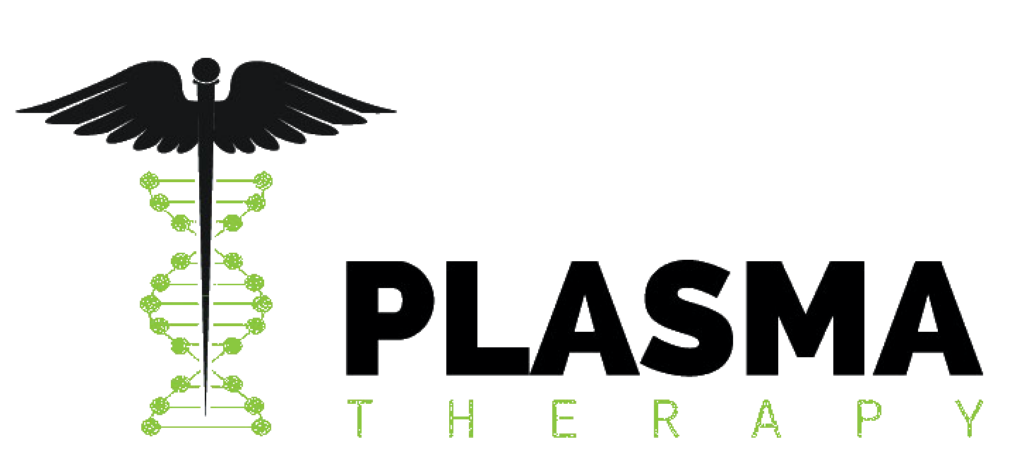
Patient portals have revolutionized how individuals interact with healthcare providers, offering a digital gateway to personal health information and medical services. These secure online platforms empower patients to take a more active role in managing their healthcare journey, providing convenient access to critical medical data and communication tools.
Official Resources
What is a Patient Portal?
A patient portal is a secure, web-based platform that allows patients to access their personal health information using a username and password. Unlike traditional medical record systems, these portals provide a comprehensive, user-friendly interface for patients to:
- View medical records
- Access lab results
- Communicate with healthcare providers
- Schedule appointments
- Manage billing information
Key Features
Patient portals typically offer the following functionalities:
- HIPAA-Compliant Messaging
- Online Appointment Scheduling
- Prescription Renewal Requests
- Lab Result Viewing
- Demographic Information Updates
- Clinical Summaries
- Telemedicine Capabilities
Who Can Use the Patient Portal?
Patient portals are designed for:
- Patients of participating healthcare providers
- Individuals seeking direct, secure access to their medical information
- Those wanting to actively engage in their healthcare management
Privacy and Security
Patient portals prioritize data protection through:
- Secure login credentials
- HIPAA compliance
- Encrypted communication channels
- Limited access to personal health information
Accessing the Portal
While specific access methods may vary, patients typically:
- Receive initial registration credentials from their healthcare provider
- Create a unique username and password
- Log in through a web browser or mobile application
Benefits for Patients
Patient portals offer numerous advantages:
- Improved Communication: Direct messaging with healthcare providers
- Convenience: 24/7 access to health information
- Efficiency: Streamlined appointment and prescription management
- Engagement: Increased involvement in personal healthcare decisions
Potential Limitations
Patients should be aware of potential challenges:
- Some portals may have complex interfaces
- Not all patients may feel comfortable with digital platforms
- Initial setup might require assistance from healthcare staff
Recommended Next Steps
- Contact your healthcare provider to initiate patient portal registration
- Prepare necessary identification documents
- Request guidance on portal setup and usage
Patient portals represent a significant advancement in healthcare technology, offering patients unprecedented access and control over their medical information. By embracing these digital platforms, individuals can become more proactive and informed about their health journey.
Disclaimer
Portal features and accessibility may vary by healthcare provider. Always consult directly with your specific healthcare organization for the most accurate and up-to-date information.
Keywords: EMR patient portal, healthcare digital access, patient health management
Note: This article is based on information from Calysta EMR’s educational resources and general patient portal best practices.
FAQ
What is an EMR portal?An EMR is a digital format where patients can access their health information, doctor’s notes, medications, lab results, and upcoming appointments – even when …
What EMR program is most commonly used?
| EMR Software | Capterra Reviews | Features |
|---|---|---|
| Epic Systems | 4.4/5 | 4.3/5 |
| Oracle Cerner | 3.8/5 | 3.6/5 |
| eClinicalWorks | 3.3/5 | 3.3/5 |
| NextGen Healthcare | 4.0/5 | 3.9/5 |
What is the difference between an EMR and an EHR?
What is EMR short for?Electronic Medical Records (EMR) are the digital form of the paper charts that were used in the past. An electronic medical record contains the past medical history, medications, visit summaries, demographic and insurance information, etc.
https://calystaemr.com/patient-portal-and-emr-difference/
Patient Portals provide them with different ways to communicate with a physician, view lab results, pay bills, book an appointment, and more.
https://portal-app.praxisemr.com/
Log into the Praxis® EMR Patient Portal (also known as Praxis® Online access) to link with your providers, schedule appointments and other features.

